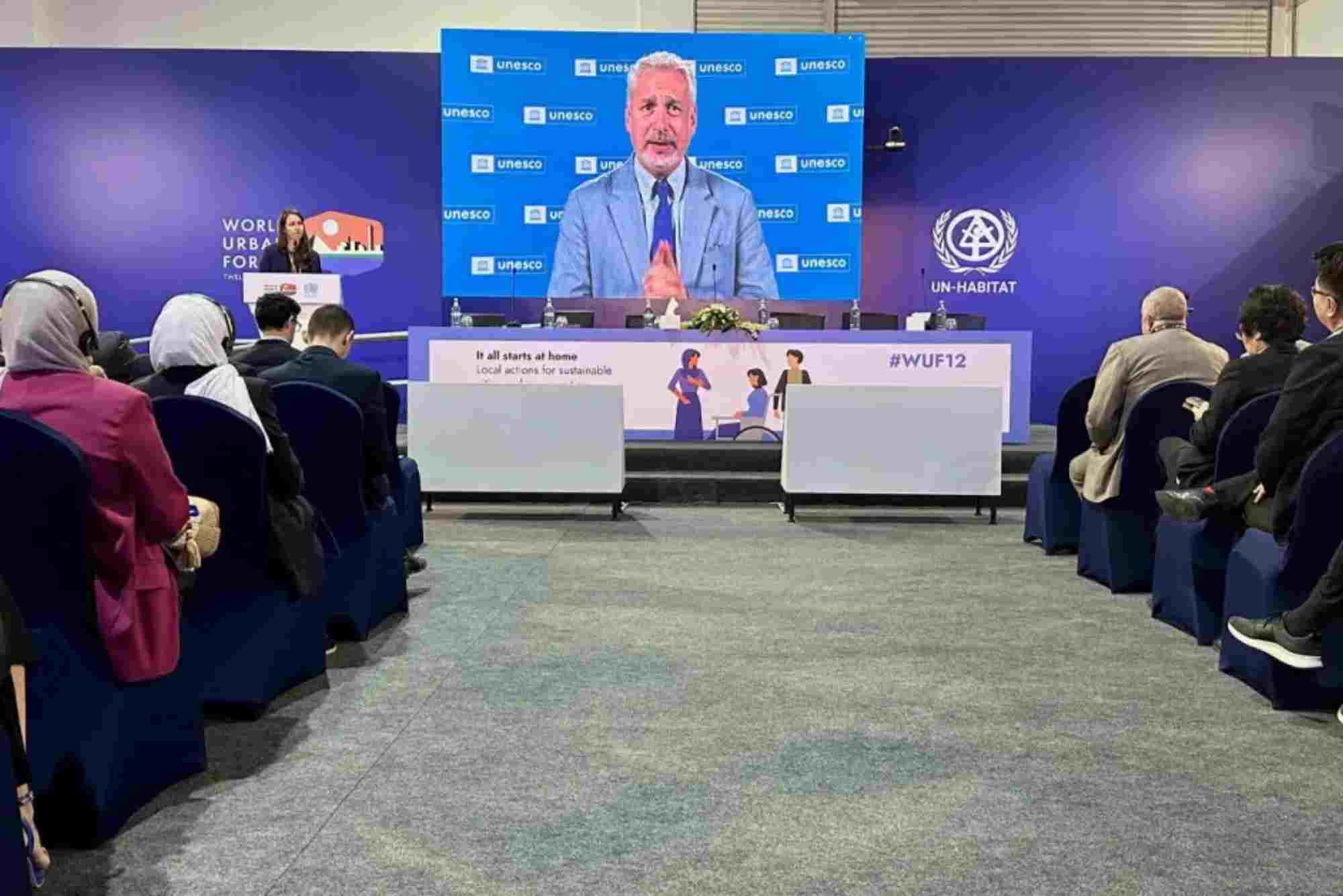Large Retailers Commit to Zero-Deforestation Supply Chains by 2028
Industry Coalition Representing $800 Billion in Annual Revenue Pledges to Eliminate Deforestation from Seven Key Commodity Supply Chains
NEW YORK, November 19, 2025– A coalition of 15 major North American and European retailers today announced a groundbreaking commitment to achieve zero-deforestation supply chains for seven high-risk commodities by December 31, 2028, accelerating industry-wide efforts to combat climate change and biodiversity loss.
The Sustainable Retail Alliance (SRA), whose members include four of the top 10 global grocery chains and three leading apparel retailers, will require full traceability and third-party verification that products containing wood, cattle, soy, coffee, cocoa, palm oil, and natural rubber are sourced from deforestation-free supply chains. The commitment covers private-label products and extends to branded goods where SRA members have direct procurement relationships, representing approximately 60% of total retail sales volume for these commodities.
The announcement comes as new data reveals the urgent need for corporate action. According to the World Resources Institute’s Global Forest Watch, the tropics lost a record-shattering 6.7 million hectares of primary rainforest in 2024—an area nearly the size of Panama and 80% higher than 2023 levels—driven largely by fires and agricultural expansion . This loss generated 3.1 gigatonnes of CO2 emissions, equivalent to India’s annual fossil fuel emissions. Despite 140 countries pledging at COP26 to halt deforestation by 2030, current rates remain 63% above the trajectory needed to meet that target, according to the Forest Declaration Assessment 2025.
“Retailers have a decisive role in transforming commodity supply chains,” said Dr. Elena Marchetti, SRA Executive Director and former sustainability chief at a Fortune 50 retailer. “This commitment moves beyond voluntary pledges to require demonstrable, verifiable action. We’re setting a 2028 deadline that aligns with the European Union Deforestation Regulation’s implementation while giving our suppliers a clear, actionable timeline.”
The SRA framework aligns with the Accountability Framework initiative’s operational guidance and will use a cross-standard cut-off date of December 31, 2020, after which no deforestation or ecosystem conversion is permitted. Members will implement a three-pillar strategy: supply chain mapping and transparency through digital tracking systems; certification requirements including FSC, Rainforest Alliance, and ProTerra; and robust monitoring and verification solutions that use satellite technology and third-party audits. For commodities without established certification, SRA will require suppliers to implement Monitoring & Verification systems compliant with Accountability Framework principles.
Implementation will be phased by commodity complexity. Palm oil and wood products must meet requirements by end of 2026, while soy and coffee supply chains have until mid-2027. The 2028 deadline applies to cattle, cocoa, and natural rubber, which present the greatest traceability challenges due to fragmented supply chains and smallholder farm dominance. The SRA is establishing a $50 million Technical Assistance Fund to support smallholders in Brazil, Indonesia, and West Africa with compliance costs and sustainable farming transitions.
“The science is unequivocal—deforestation is the second-largest driver of climate change after fossil fuels, accounting for 22% of global greenhouse gas emissions from agriculture, forestry, and land use,” said Marchetti. “Our customers demand products that don’t contribute to forest destruction, and our investors are increasingly focused on nature-related financial risks. This commitment addresses both while supporting the livelihoods of 25 million farming households worldwide.”
Market data shows the scale of transformation required. Global soy production for animal feed alone threatens 22 million hectares of savanna and rainforest, while beef production accounts for 25% of emissions from agricultural land-use change. The seven targeted commodities drive approximately 80% of commodity-linked deforestation, according to WWF analysis.
The SRA is coordinating with the Consumer Goods Forum and working directly with certification bodies to harmonize standards. All members have committed to public annual reporting through the CDP Forests platform and will disclose progress against interim milestones beginning in 2026. The coalition has also pledged to advocate for stronger governmental policies, including supporting implementation of the UK Forest Risk Commodities Regulations.
About the Sustainable Retail Alliance
The Sustainable Retail Alliance is a pre-competitive collaboration of leading retailers established in 2024 to accelerate climate and nature-positive solutions across global supply chains. SRA members collectively operate more than 18,000 stores across 35 countries and generate $800 billion in annual revenue. The coalition focuses on decarbonization, deforestation-free sourcing, and circular economy initiatives. For more information, visit www.sustainableretailalliance.org.
Media Contact
Sarha Al-Mansoori
Director of Corporate Communications
G42
Email: media@g42.ai
Phone: +971 2555 0100
Website: www.g42.ai







